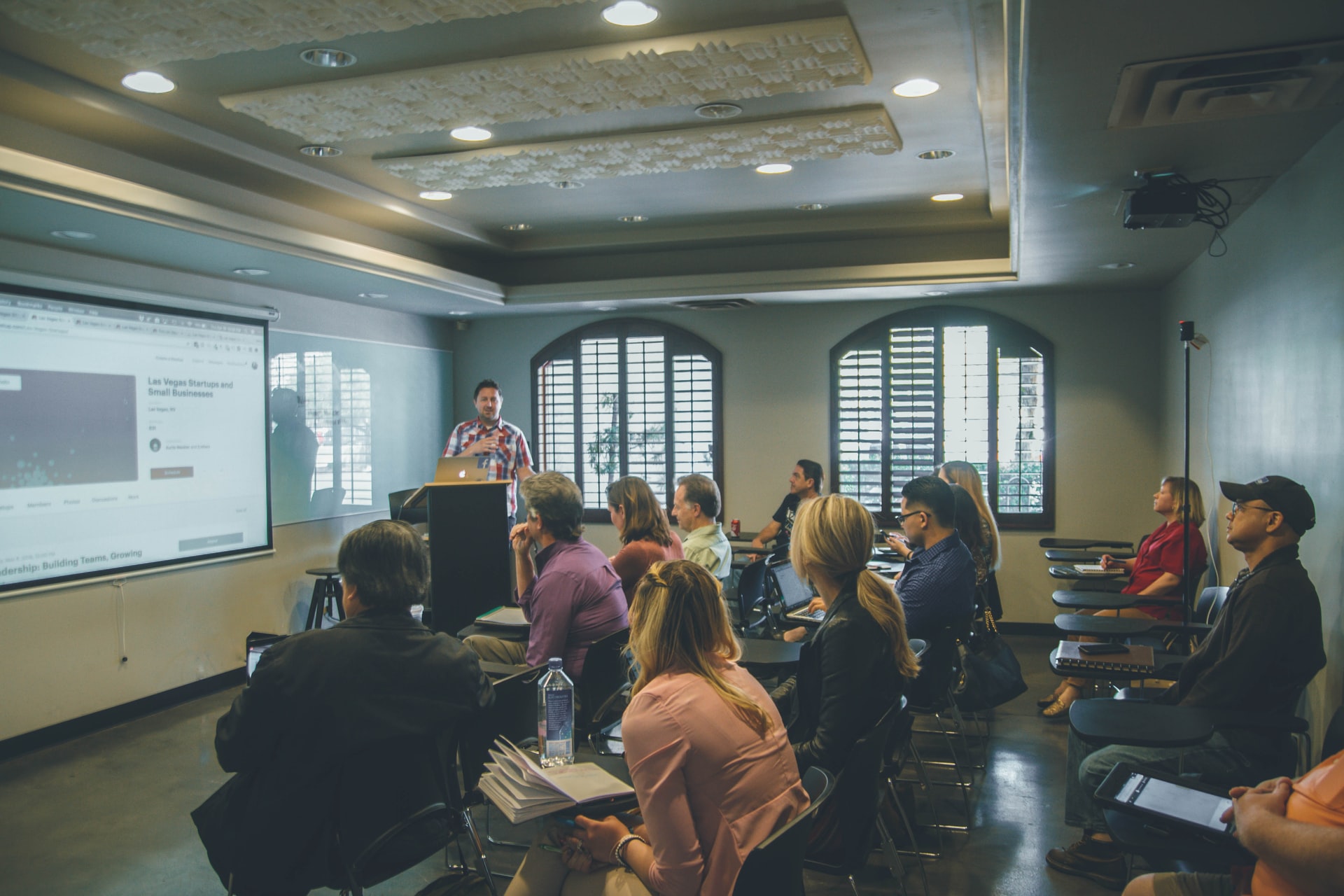Climate Change Education Should Be In The Curriculum

For a long time, many people did not believe in climate change. Today, however, that is quickly changing because the impact of our changing planet is apparent all over the globe. Consequently, there is an increased effort to mitigate the adverse impacts of climate change. Moreover, these efforts are most likely to succeed if kids have a bigger role to play.
The Truth About Climate Change
There is no unanimity among scientists on how many years are left before we can start to experience extreme weather conditions because of climate change. Nevertheless, the general view is that humans have about a decade or so until the effects of rising global temperatures are felt. Before then, every stakeholder, whether old or young, should contribute to stopping climate change in one way or another.
Fortunately, it won’t be hard to get the information out there about climate change because most young people today have access to a smartphone with internet connectivity. Therefore, this generation is one of the most informed than previous ones. Still, a huge chunk of this group reported that they still need more data before fully committing to changing their habits.
Besides the youth, different government bodies face bottlenecks when combating climate change. For instance, the US senate declined to pass an act aimed at sustaining mitigation efforts towards climate change. The main reason for the lack of political goodwill is often partisan politics which shouldn’t be the case as every human contributes to earth’s rising temperatures.
Why This Generation Matters?
Besides being the most informed about climate change, the current generation of youths will bear the brunt of climate change. Therefore, they have a greater incentive to ensure that efforts are made to reverse climate change. The biggest contributor to climate change is our modern society. We need to change how we live if we are to reverse climate change. Luckily, the school curriculum is a surefire tool to help American cities switch to less harmful habits.
Large corporations naturally prioritize profit-making ventures even if they negatively impact the environment. However, if these entities train their sights on developing future tech, American schools could have an active role in the fight against climate change.
Students are supposed to effect positive change in their societies once they get an education. Therefore, once students take up positive habits that help preserve our planet, then their immediate society can expect a sustainable future. Common practices like minimizing energy consumption, plastics, and reducing meat intake seem trivial but are highly effective in the long run.
Frequently, climate change information is presented like an apocalyptic matter. The school curriculum can avoid this direction and follow a student-centered approach. Gardening helps kids to learn practical skills and also appreciate their immediate environment. Students are more likely to appreciate a vegetable-rich diet if they grow the produce themselves.
There isn’t a one-size-fits-all solution to reverse the effects of climate change. Nevertheless, education can have a positive impact, especially for the current generation of students who will be most affected by climate change.






